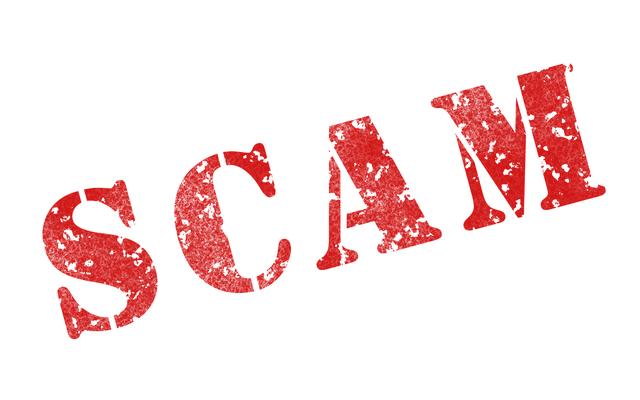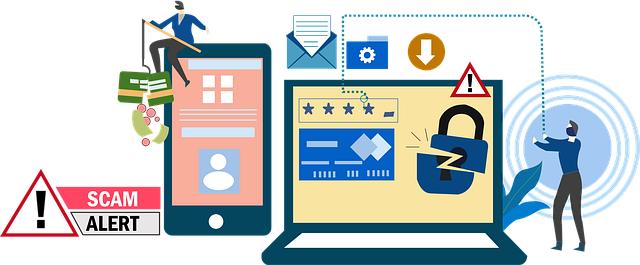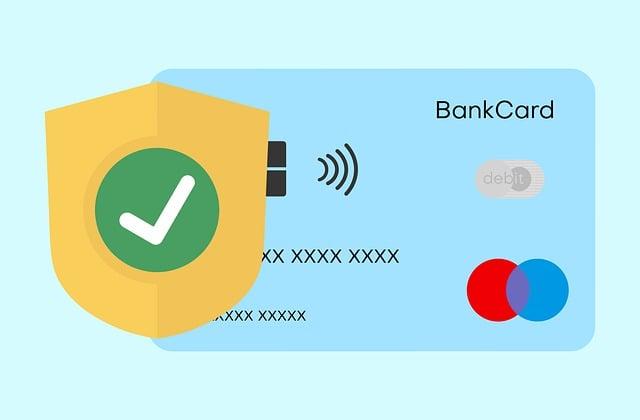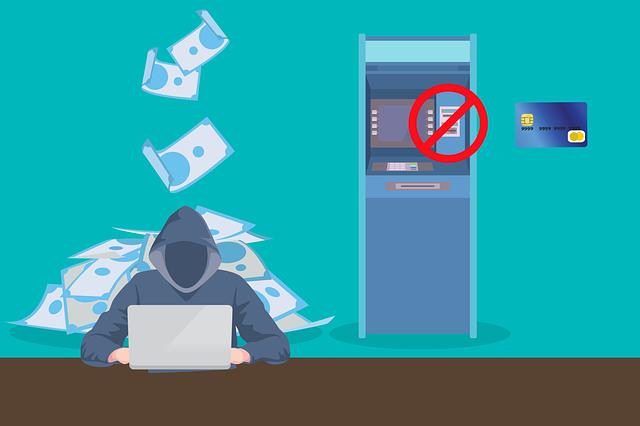- Introduction
- Understanding Gift Card Scams
- Common Types of Gift Card Scams
- How to Spot Gift Card Scams
- Protecting Yourself from Gift Card Scams
- Conclusion
- FAQs
Introduction
As the digital world continues to evolve, so do the dangers lurking within it. Gift card scams have seen a surge in popularity among fraudsters, especially in recent years. In this article, we will dive deep into the world of gift card scams, explore the common types perpetrated by scammers, share tips on how to spot them, and offer effective strategies for protecting yourself in 2024. Understanding these aspects is key to safeguarding your hard-earned money.
Understanding Gift Card Scams
Gift card scams are deceptive practices whereby fraudsters trick individuals into purchasing gift cards and then providing the card numbers and PINs to the scammer. This can happen through various channels, including phone calls, emails, or social media messages. The scammer typically poses as a legitimate entity, creating a sense of urgency to compel the victim to act quickly without thinking.
One primary reason gift card scams are effective is that they leverage emotional manipulation. The scammer may impersonate a government agency, a well-known company, or even a relative in distress, convincing the victim that they must take immediate action. Recognizing the psychology behind these scams is essential in effectively defending against them.
A key characteristic of gift card scams is that they often require victims to pay for supposed debts, fees, or services by purchasing gift cards. Unlike traditional payment methods, once the scammers obtain the gift card codes, the chances of recovering those funds are minimal, making this type of fraud particularly insidious.
Fraud prevention organizations have noted an alarming trend regarding the increase in the use of gift cards for scams over the last couple of years. As a consumer, being aware of these schemes and understanding how they operate is the first step toward protection.

(Image: Pixabay/@TheDigitalArtist)
Common Types of Gift Card Scams
Identifying the various types of gift card scams is critical for protection. By understanding the tactics used in these schemes, you can better safeguard yourself against attempts. Below are some of the most common types of gift card scams you might encounter.
1. **Tech Support Scams**: These scams usually involve a call from someone claiming to be from a reputable tech company, stating that they need access to your computer due to a security breach. To resolve the issue, the scammer instructs the victim to purchase gift cards and read off the numbers as fees for their services.
2. **Imposter Scams**: Often characterized by scammers impersonating friends, family members, or authorities, imposter scams create a fabricated emergency situation that necessitates quick financial assistance. Victims receive a message or call, urging them to send money in the form of gift cards.
3. **Online Marketplace Scams**: When buying or selling items online, scammers may request payment via gift cards instead of cash or credit. They tend to create fake listings that intrigue buyers, only to disappear once the transaction is complete.
4. **Prize Scams**: There is a rise in scams that imitate contest or sweepstakes notifications. Victims are told they’ve won a prize but must pay a tax or fee using gift cards to claim their winnings. Once again, their money vanishes into thin air when they provide the scammer with the card details.
By identifying these red flags early on, you can significantly reduce your risk of falling victim to gift card scams. Being vigilant about the communication you receive can save you from a significant financial loss.

(Image: Pixabay/@geralt)
How to Spot Gift Card Scams
Knowing how to spot a gift card scam can help you avoid becoming a victim. Familiarizing yourself with common warning signs is integral to spotting scam attempts before they result in financial damage.
One major indicator of a potential scam is an unsolicited request for gift cards. If you receive a text, email, or call unexpectedly asking for payment in gift cards, it's crucial to pause and assess the situation. Often, legitimate companies will not demand payment in such a manner.
Another telltale sign is the pressure to act immediately. Scammers frequently create a sense of urgency—like threats of legal action or imminent account termination—to push victims into buying gift cards without sufficient thought. Take a step back and evaluate whether the urgency is warranted.
Furthermore, if the communication includes unsupported claims or dubious websites, it's critical to conduct thorough research before proceeding. Check the company's official website and confirm any claims made over the phone or in correspondence.
Overall, discernment is vital. If something feels off, trust your instincts and verify the information. Keeping track of these warning signs can ensure your protection against crafty fraudsters.

(Image: Pixabay/@Fidsor)
Protecting Yourself from Gift Card Scams
To safeguard against gift card scams, proactive measures must be taken. Knowing what steps to implement not only increases your security but also builds a more knowledgeable community that can help others avoid falling prey.
First and foremost, educate yourself and your loved ones about the risks associated with gift card scams. Awareness is a powerful tool—not just for yourself, but for friends, family, and coworkers as well. Share information on how these scams work and encourage open discussions about suspicious communications.
Secondly, always verify unexpected requests. If you receive a solicitation for a gift card from someone you know, reach out directly to confirm it. Scammers often spoof phone numbers to impersonate legitimate contacts, making direct verification essential.
Additionally, limit personal information shared online. Scammers often gather data from social media platforms to craft believable stories targeting you. Consider setting privacy settings on accounts and being mindful of what you share publicly.
Lastly, report scams when you encounter them. Notify local authorities and consumer protection agencies about suspicious activities. Reporting scams assists in tracking fraudulent behavior, ultimately leading to broader efforts to combat these schemes. Taking these actions contributes to a more secured environment for everyone in the digital landscape.

(Image: Pixabay/@kreatikar)
Conclusion
In summary, navigating the digital minefield of gift card scams in 2024 requires vigilance, education, and proactive measures. Being aware of the scams’ nature and recognizing their common traits is essential for self-protection. Consumers should maintain healthy skepticism towards unsolicited requests for gift cards and utilize verification methods to confirm legitimacy. With the right information and preventative steps, individuals can defend themselves against these pernicious schemes and protect their assets effectively.
FAQs
What should I do if I fell victim to a gift card scam?
If you have provided gift card information to a scammer, contact the retailer immediately. They may be able to assist you in freezing the card or preventing further losses. Report the incident to local law enforcement and consumer protection agencies as well.
Are all requests for gift cards scams?
No, not every request for a gift card is a scam. However, you should exercise caution, especially when the request is unsolicited. Always verify with the requester through another communication channel before purchasing or sharing gift card information.
How can I report a gift card scam?
You can report gift card scams to local authorities, as well as to organizations like the Federal Trade Commission (FTC) in the U.S. Additionally, notifying the retailers involved may help them prevent further scams.
Can gift card scams target businesses too?
Yes, businesses can be targeted through various gift card scam tactics similar to those aimed at individuals. Employees should be educated about these scams and follow verified protocols to prevent loss and secure transactions.

